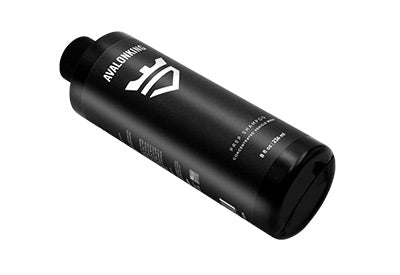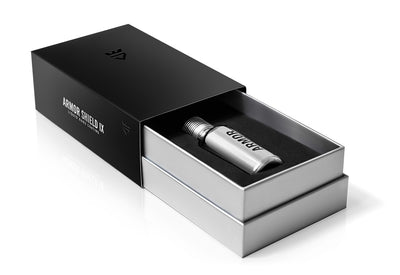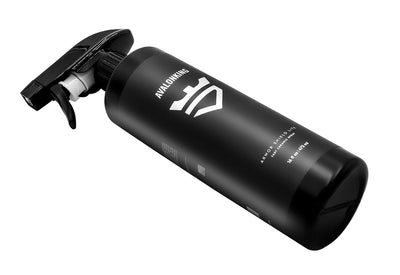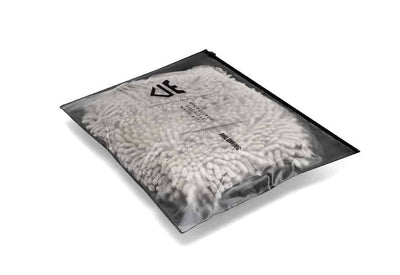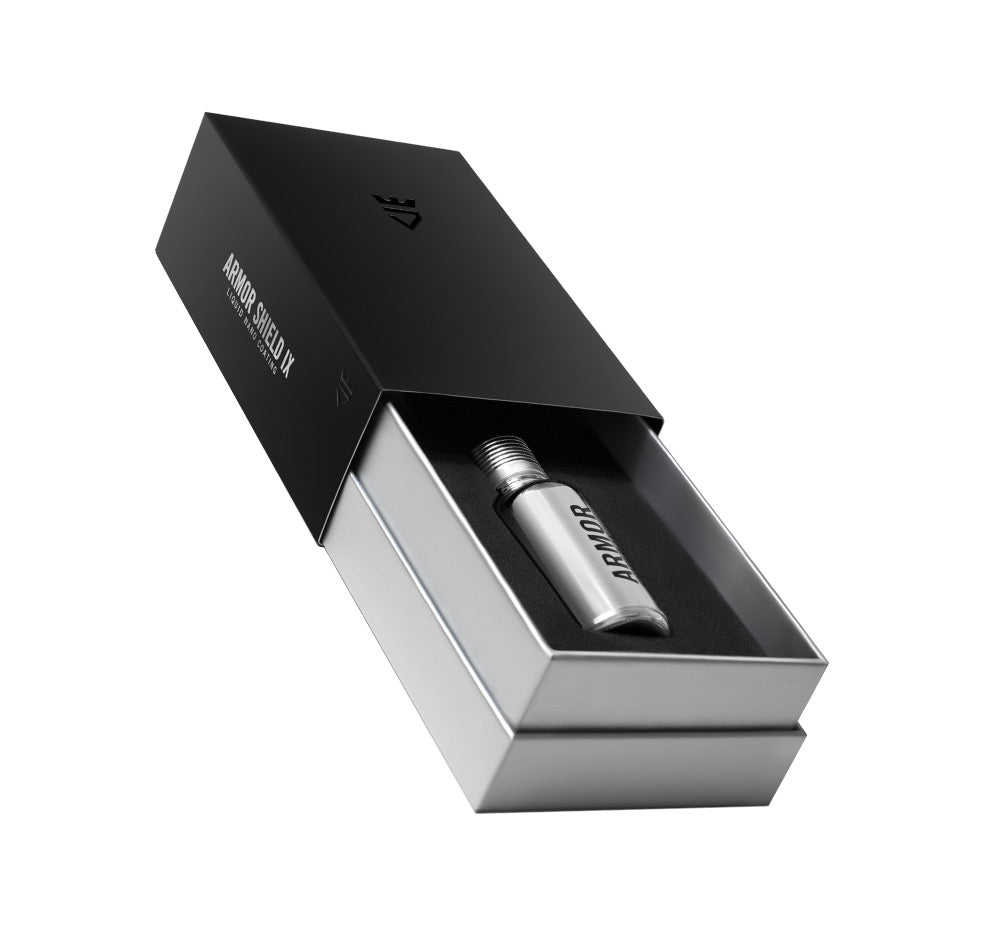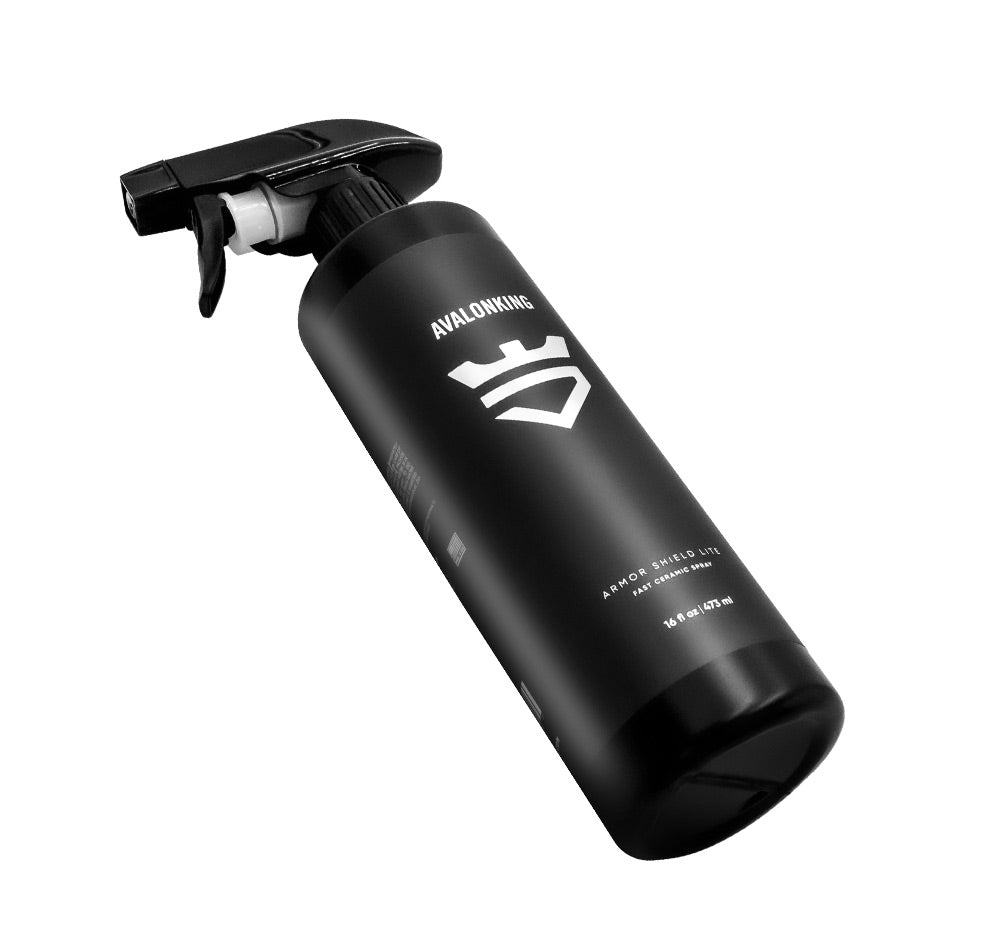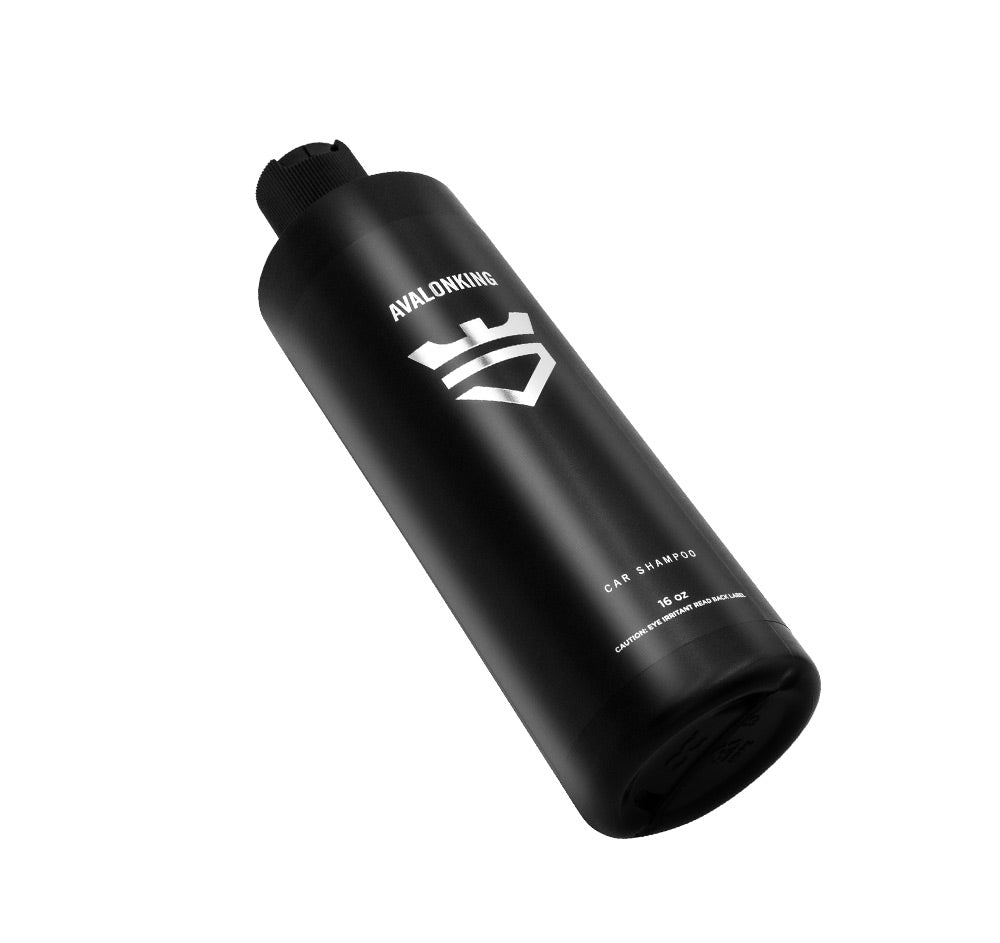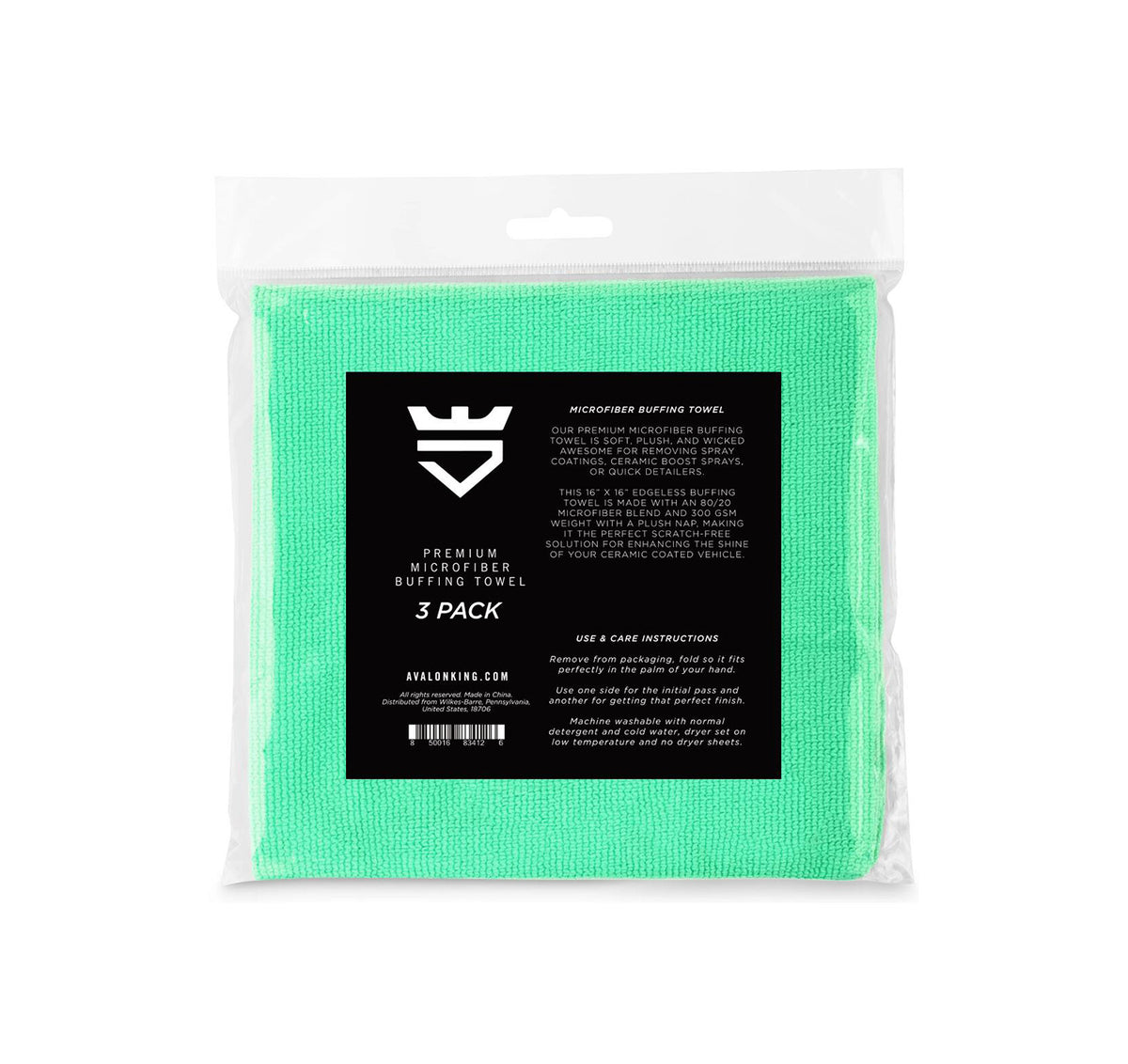What is 9H Hardness? Explained by AvalonKing
In the world of ceramic coatings, the term '9H Hardness' is often thrown around. But what does it mean? This glossary entry will delve deep into the concept of 9H Hardness, explaining its significance, its measurement, and its relevance to ceramic coatings.
As a key term in the ceramic coating industry, understanding 9H Hardness is crucial for anyone interested in this field. Whether you're a professional detailer or a car enthusiast, this comprehensive guide will provide you with a thorough understanding of 9H Hardness.
Understanding Hardness
Before we delve into the specifics of 9H Hardness, it's important to understand the general concept of hardness. In materials science, hardness is the measure of how resistant a material is to deformation, typically by indentation. It's a key property that helps determine a material's durability and resistance to wear and tear.
There are various scales used to measure hardness, including the Mohs scale, the Vickers hardness test, and the pencil hardness test. Each of these scales has its own specific applications and measurement techniques.
The Mohs Scale
The Mohs scale of mineral hardness was created in 1812 by German geologist Friedrich Mohs. This scale grades minerals on a scale of 1 (softest) to 10 (hardest). For example, talc, the softest mineral, is rated as 1, while diamond, the hardest known natural substance, is rated as 10.
However, the Mohs scale is not linear. The difference in hardness between minerals is not consistent. For instance, diamond (10) is four times harder than corundum (9), which is twice as hard as topaz (8).
The Vickers and Pencil Hardness Tests
The Vickers hardness test uses a diamond indenter to measure the hardness of a material. The test calculates hardness by measuring the size of the indentation left by the indenter. This test is often used for metals, ceramics, and other hard materials.
The pencil hardness test, on the other hand, is commonly used for coatings. It measures the hardness of a coating by the highest grade pencil that does not mark the coating when pressed against it at a 45-degree angle. The pencils are graded from 6B (softest) to 9H (hardest).
What is 9H Hardness?
Now that we have a basic understanding of hardness and its measurement, let's delve into the concept of 9H Hardness. In the context of ceramic coatings, 9H refers to the highest level of hardness on the pencil hardness scale. This means that a 9H ceramic coating is extremely hard and resistant to scratches and other forms of damage.
However, it's important to note that 9H Hardness does not mean the coating is invincible. It simply means that the coating has a high resistance to scratches from things like brushes, keys, and small stones. It does not make the coating impervious to all forms of damage.
How is 9H Hardness Measured?
As mentioned earlier, 9H Hardness is measured using the pencil hardness test. In this test, a pencil is sharpened to a specific angle and then pushed into the coating under a certain amount of force. The hardness is determined by the highest grade pencil that does not leave a scratch on the coating.
It's important to note that the pencil hardness test is not a definitive measure of a coating's overall durability or performance. It is just one of many tests used to assess a coating's properties. Other factors, such as the coating's thickness, adhesion, and chemical resistance, also play a crucial role in its performance.
Why is 9H Hardness Important?
9H Hardness is often touted as a key selling point for ceramic coatings. But why is it so important? The main reason is that a 9H ceramic coating provides excellent protection against scratches and other forms of damage. This can help keep your car's paint looking new and shiny for longer.
Additionally, a 9H ceramic coating is also more resistant to chemical damage, such as acid rain and bird droppings. This makes it an excellent choice for protecting your car's paintwork in harsh environmental conditions.
The Role of 9H Hardness in Ceramic Coatings
Now that we understand what 9H Hardness is and why it's important, let's explore its role in ceramic coatings. Ceramic coatings are a type of paint protection product that are applied to a car's paintwork to protect it from damage and keep it looking new for longer.

One of the key properties of a ceramic coating is its hardness. A harder coating is more resistant to scratches and other forms of damage. This is where 9H Hardness comes in. A 9H ceramic coating provides excellent scratch resistance, helping to protect your car's paintwork from damage.
How Does 9H Hardness Benefit Ceramic Coatings?
9H Hardness provides several benefits for ceramic coatings. Firstly, it provides excellent scratch resistance. This means that a 9H ceramic coating can help protect your car's paintwork from scratches caused by things like brushes, keys, and small stones.
Secondly, a 9H ceramic coating is also more resistant to chemical damage. This means it can help protect your car's paintwork from damage caused by things like acid rain, bird droppings, and other harsh environmental conditions.
Limitations of 9H Hardness in Ceramic Coatings
While 9H Hardness provides several benefits for ceramic coatings, it's important to note that it does have its limitations. Firstly, while a 9H ceramic coating is highly scratch-resistant, it is not scratch-proof. This means that it can still be damaged by things like heavy impacts or sharp objects.
Secondly, the hardness of a ceramic coating is just one of many factors that determine its overall performance. Other factors, such as the coating's thickness, adhesion, and chemical resistance, also play a crucial role. Therefore, while a 9H ceramic coating provides excellent scratch resistance, it should not be the sole factor considered when choosing a ceramic coating.
Conclusion
Understanding 9H Hardness is crucial for anyone interested in ceramic coatings. As the highest level of hardness on the pencil hardness scale, a 9H ceramic coating provides excellent scratch resistance and chemical resistance. However, it's important to remember that it is not invincible and should not be the sole factor considered when choosing a ceramic coating.
By understanding what 9H Hardness is and its role in ceramic coatings, you can make more informed decisions about which ceramic coating is right for you. Whether you're a professional detailer or a car enthusiast, this knowledge can help you choose the best ceramic coating for your needs.
Ready to give your vehicle the ultimate protection with a top-tier ceramic coating? Look no further than AvalonKing, your trusted source for premium car care products. With years of expertise in providing the very best in vehicle maintenance solutions, AvalonKing has everything you need to keep your car looking immaculate. Check out our products today and experience the difference quality makes!

